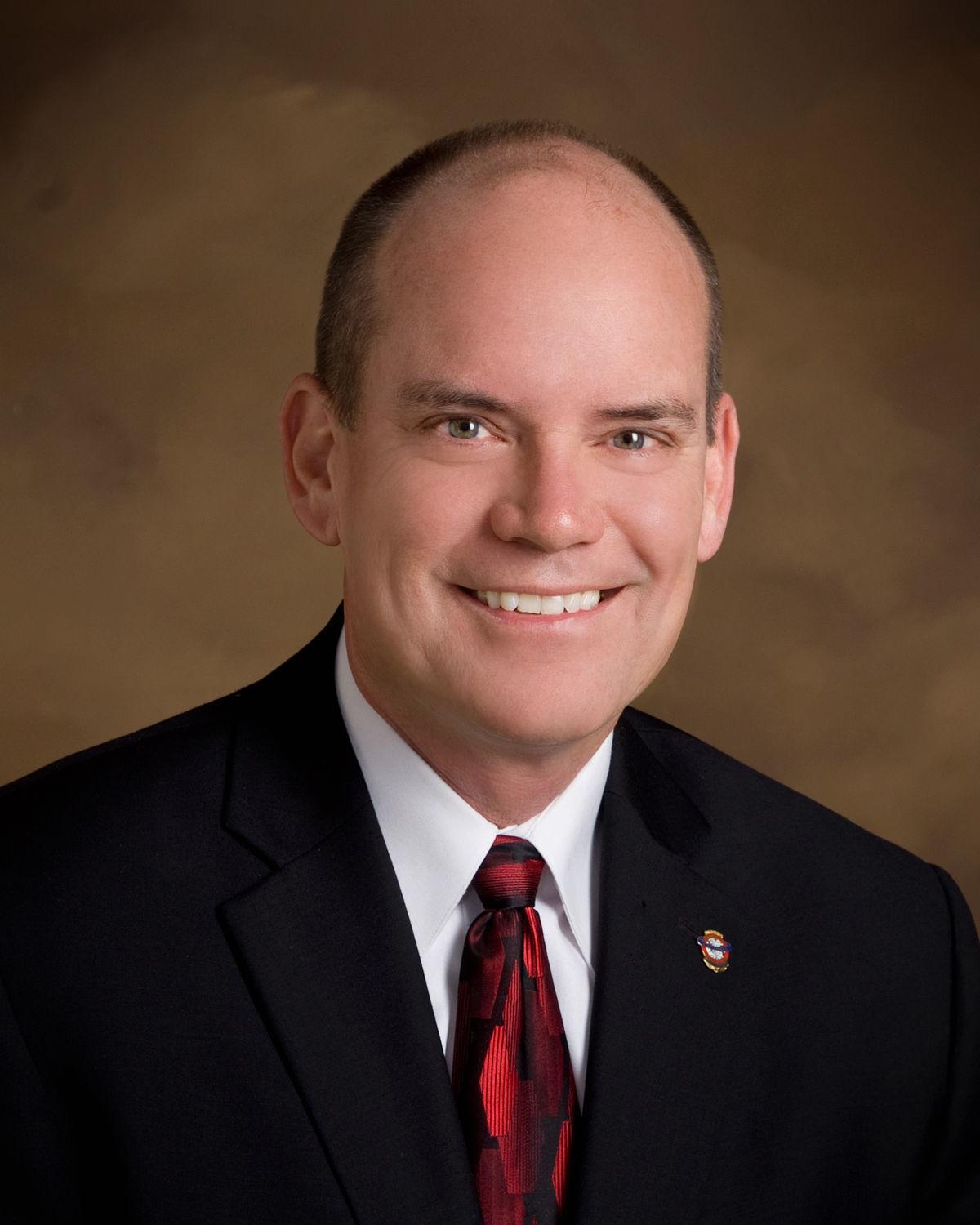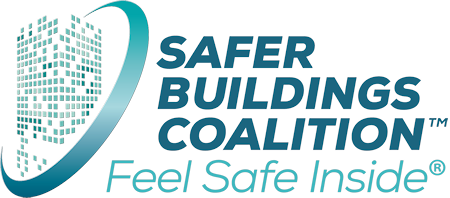From the Chief’s Corner: Innovation and Determination in a Time of Crisis

Posted on April 22, 2020
2020 has brought about a significant amount of change into our lives. Many organizations have had to rethink their traditional workplace operations, identify and utilize more tech advances, and adapt to changes in how their employees function around themselves and outside stakeholders. Some businesses have gotten larger and some smaller. Our inter-connected world is truly reliant on resources and processes that up until just a few months ago were unknown or limited in use.
We all know that nothing ever unfolds exactly as planned but this year has brought plenty of unplanned and postponed activities. In spite of all the technical advances and resources we have at our disposal, qualified and equipped people will ultimately determine an organization’s ability to respond to the challenges that lie ahead.
“In spite of all the technical advances and resources we have at our disposal, qualified and equipped people will ultimately determine an organization’s ability to respond to the challenges that lie ahead.”
In last month’s article, I mentioned the Hebrew saying, “Gam ze ya’avor,” which means, “This, too, shall pass” as it relates to the impacts of COVID-19. I closed with a statement that said: “Leaders must continue to have vision at all times because that vision is paramount to moving forward. When this crisis is over, and it will be, remember Challenged Organizations Value Innovation & Determination…”
So, let’s unpack two key parts of the phrase Challenged Organizations Value Innovation & Determination – Innovation and Determination.
Innovation
Before we can truly innovate, we must open our minds to new ideas and make room for new information, processes and concepts. When I think about preparing our minds for the task of innovation, I can’t help but think about Dov Moran and his company, M-Systems who are credited with the creation and patenting of the flash drive/memory stick. You know, those promotional USB flash drives we have all picked up while walking the exhibit floor at trade shows. (That is when we could actually attend one….)
So, what does a USB flash drive have to do with preparing our minds for innovation? You see, when you pick up that USB Flash drive in the exhibit hall it contains data and other information that someone wants you to focus on. And unless you take action, that USB flash drive will continue to contain the exact same information. In order to change that information or make room for additional information you must “format” the flash drive. The processes of formatting a USB flash drive removes all existing or unnecessary data being stored on it. If you just delete files from the flash drive without formatting it, some fragments of those files and other types of useless data will remain.
“Before we can truly innovate, we must open our minds to new ideas and make room for new information, processes and concepts.”
Our mind can be very similar to a flash drive, cluttered with outdated or useless data and information. Sometimes we must go through the process of formatting our minds in order to open up to the process of thinking in new approaches in order to be innovative.
Determination
Now that we have our minds properly formatted for the process of innovation, we must also identify our ability to exhibit determination in life. In this context, “determination” is the ability to continue trying to do something, even when it’s difficult. That ability often falls within one of three approaches to life that Paul Stoltz, Ph.D., outlines in his book The Adversity Quotient: Turning Obstacles into Opportunities. Using mountain climbing as a metaphor, Stoltz outlines three types of approaches – Quitters, Campers and Climbers. This is how Dr. Stoltz defines the three groups:
The Quitter:
Without a doubt, there are plenty of people who choose to opt out, cop out, back out, and drop out. These are the Quitters. Quitters abandon the climb. They refuse the opportunity the mountain presents. They ignore, mask, or desert their core human drive to Ascend and with it much of what life offers.
The Camper:
The second group of individuals are Campers. These people go only so far, and then say, “This is as far as I can (or want to) go.” Weary of the climb, they terminate their Ascent and find a smooth, comfortable plateau on which to hide from adversity. And there, they choose to sit out their remaining years. Campers, unlike Quitters, have at least taken on the challenge of the Ascent. They have gained some ground. Their journey may have been easy, or they may have sacrificed much and worked diligently to get as far as they have. Their partial Ascent may be viewed by some as “success” in the final, conclusive sense of the word. This is a common misperception among people who view success as a specific destination, as opposed to a journey. However, although Campers may have been successful in reaching the campground, they cannot maintain success without continuing to Ascend. It is the lifelong growth and improvement of one’s self that defines the Ascent.
The Climber:
I call the people who are dedicated to the lifelong Ascent “Climbers.” Regardless of background, advantages or disadvantages, misfortune or good fortune, they continue the Ascent. They are the Energizer Bunnies of the mountain. Climbers are possibility thinkers, never allowing age, gender, race, physical or mental disability, or any other obstacle to get in the way of the Ascent.”
The New Mountain
As we face adversity and uncertainty from the COVID-19 pandemic, we must ask ourselves these questions: Do we have the will to continue the climb? Have we truly formatted our minds to prepare them for how business needs to be done today? Are we looking ahead at new opportunities with an open mind or are we really worrying about what used to be? Are we stifling progressive initiatives from our people because they are not our own, letting our egos get in the way or are you promoting innovation and rewarding determination?
Circumstances change us and how we do business. There was a saying in the fire service when firefighters were reluctant to accept change: “If you want to go back to using the bucket brigade or a horse and steamer, go ahead.” In reality it makes you and your approach obsolete.
“At the end of the day, only you can determine where you are on the mountain. Are you a Quitter, Camper or Climber?”
As we’ve all seen throughout our lives, progress can be difficult at times. Adversity and uncertainty can either crush you or fuel you toward success... At the end of the day, only you can determine where you are on the mountain. Are you a Quitter, Camper or Climber?
Sir Edmund Hillary, A New Zealand mountaineer, explorer, and philanthropist who on May 29, 1953, became one of the first climbers confirmed to have reached the summit of Mount Everest said it best; “It’s not the mountain we conquer, but ourselves.”
It’s a new beginning that allows us to refocus our priorities and hopefully become a better people in a better world. We continue to pray for your safety and health as we climb through these times together.
|


